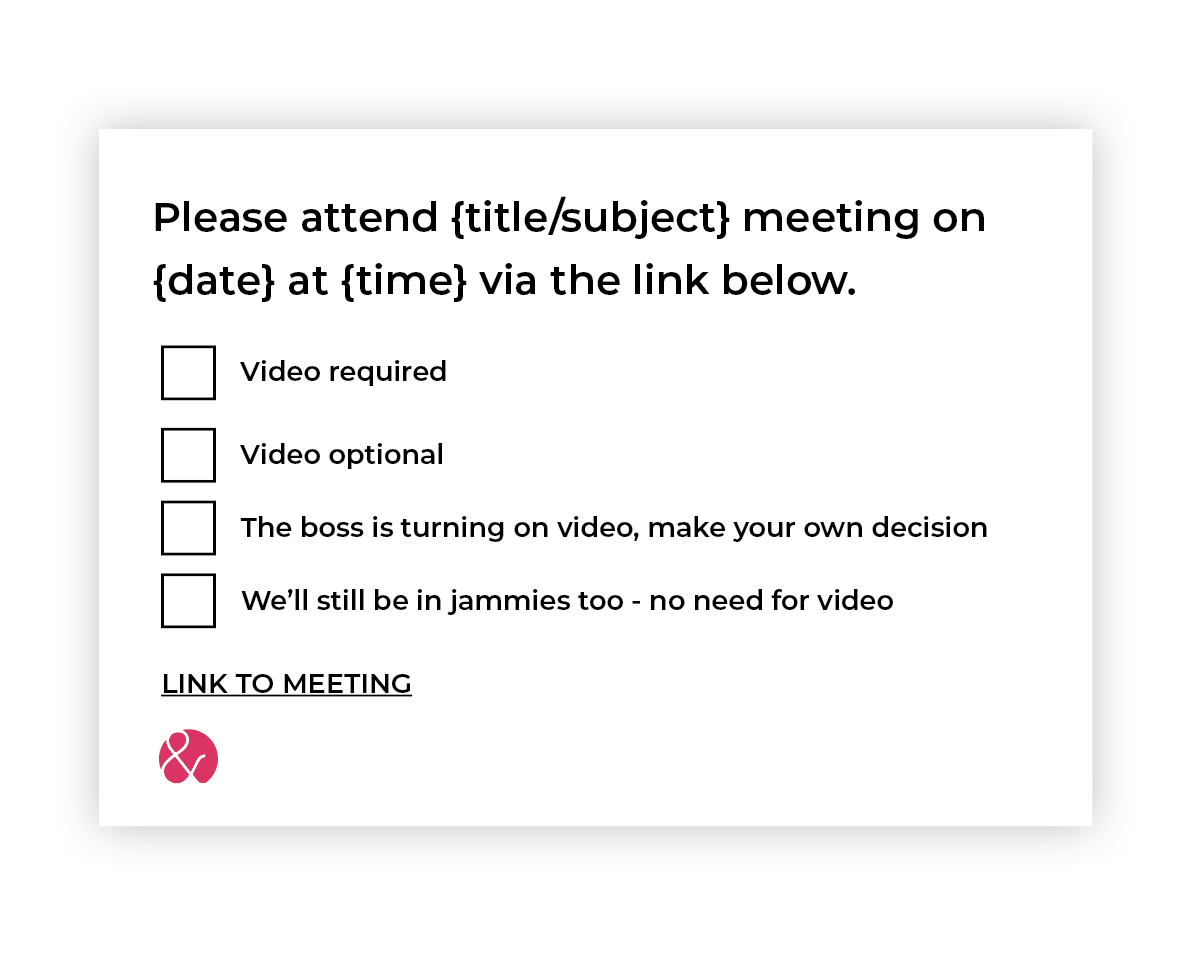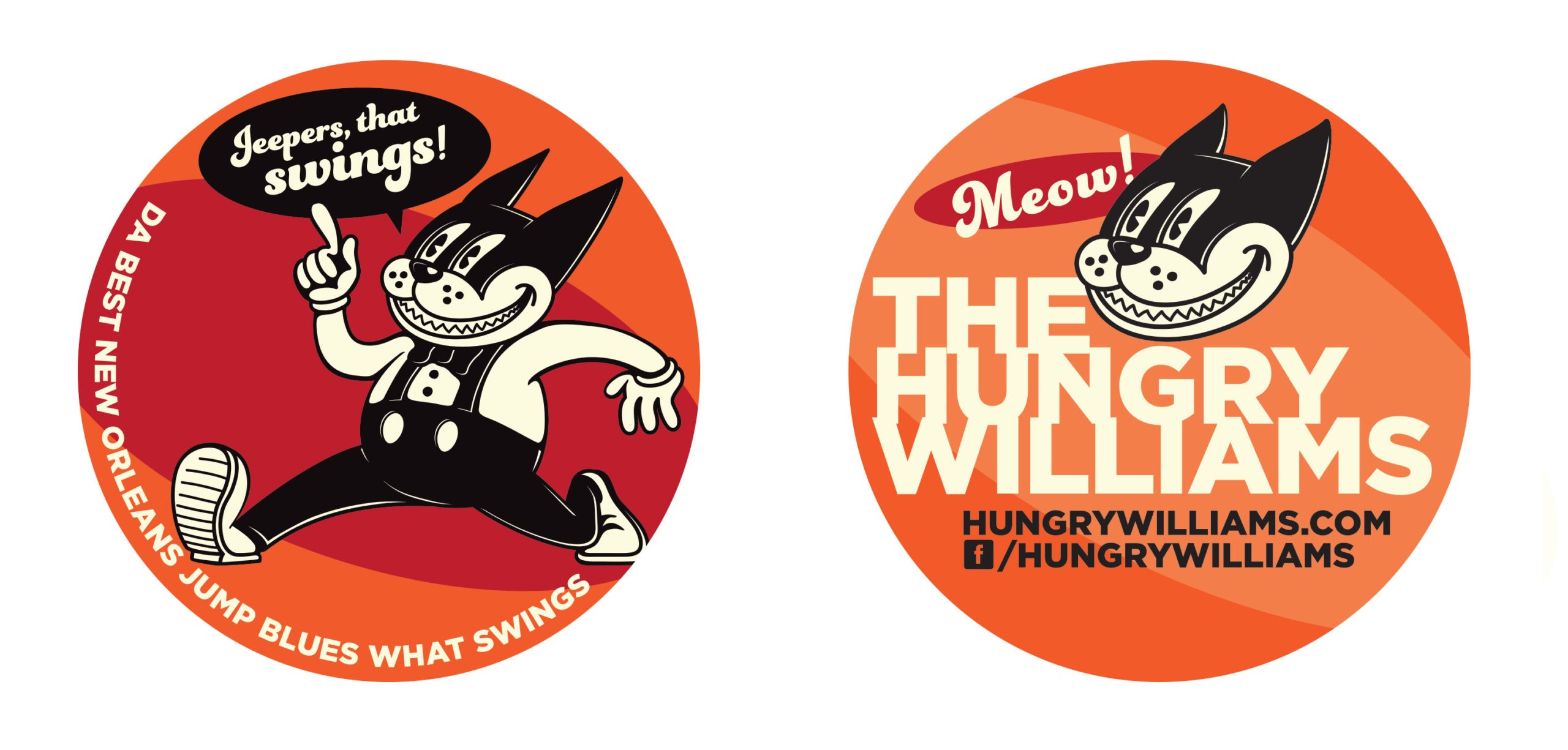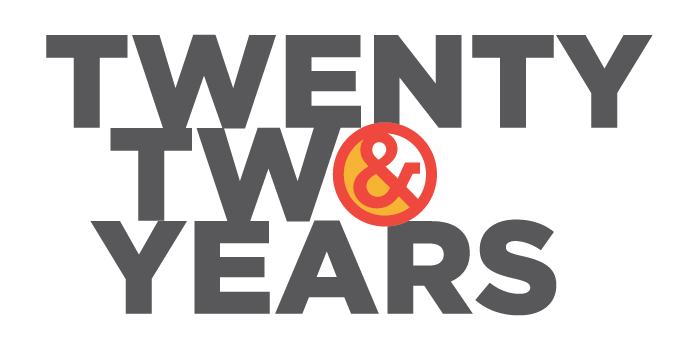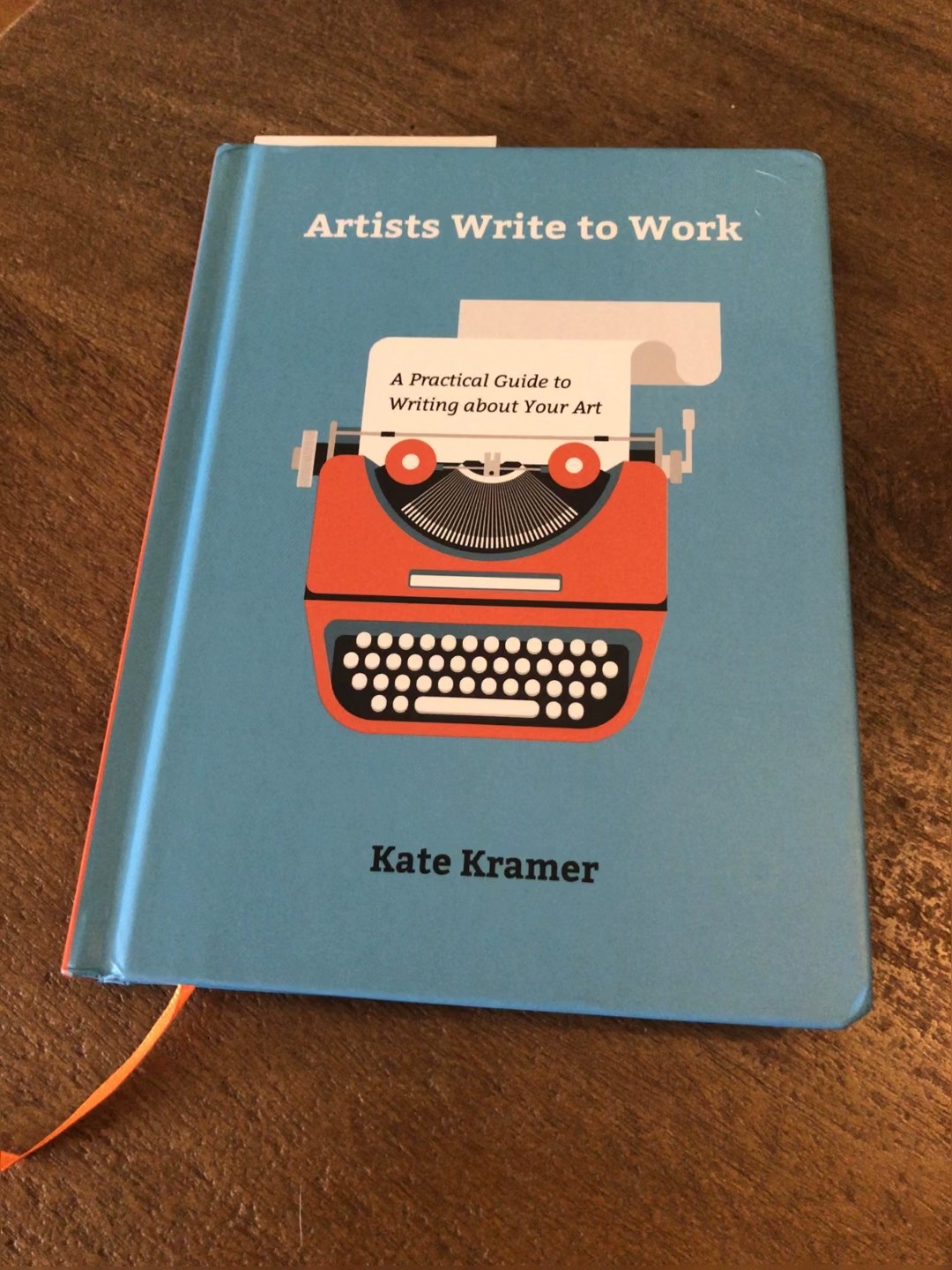As it goes with technology, now that we’ve become accustomed to optimizing our web sites, search engines have moved on, rendering our SEO efforts fairly useless. Or are they?
Don’t be totally disheartened. In addition to the fact that targeted keyword research is still helpful in creating content, there are lots of other tactics to employ in getting your website, blog or release to your targeted audience.
From the research we’ve done, it boils down to relevant content. The best thing you can do for your site is fill it with valuable information your audience will want to read. Seems pretty basic, but that’s the mantra these past few years in the midst of a challenging economy: getting back to basics.
Is there any reason to research keywords anymore?
From what we’ve been reading, yes. Because there is always a benefit to knowing what your customers are searching for, there will always be a reason to be aware of those keywords. And with all of the keyword research programs available, you can gain fast insight into search results for key phrases, and then enhance your content around those results.
Can keywords actually hurt you?
It appears they can if you’ve overloaded your site with them. A trusted programmer friend on Facebook posted an update the other day that he’d found a website with 1,934 keywords in the meta tag. Bad idea. “Too many keywords can “thin out” your website’s relevance.”
What else can I do?
Have no fear. There are lots of great ideas here:
- Facebook and Twitter We like the thought of harnessing the power of Facebook and twitter. What better way to accomplish a targeted internet search than by polling your communities of trusted “friends”? Why bother scanning through generalized search engine results, when you can get recommendations tailored to you by your friends who know you the best? Start looking at Facebook and twitter as the next wave of search engine, and plan your content accordingly to try capturing the attention of those communities.
- Content It bears repeating that relevant content is your best friend in getting your site noticed. Dig deep into the heart of your product or service and write honestly and prolifically about it. That’s the best thing you can do to lay down the foundation of your site’s content. Sure, check those keywords and phrases, and enhance and build on what you’ve started, but always let the content guide you.
- Links and referrals Having external links is good for crawling and indexing, however, just linking to every possible resource you can think of doesn’t mean anything results-wise. We’ve talked about this before in our blogs on professional list directories, both joining the party and the after party. It’s important to be selective. Less is more and those links that rank among the “less”, better be the best possibly suited to your business in order to achieve the inbound traffic results you’re after.
- Tags and hyperlinks Image alt tags, header tags and hyperlinks are the extra “goodies” we all have in our arsenals to boost rankings. But as with everything else discussed here, it’s all about moderation. Use them when they make sense for your particular site. All of these tactics are further reinforcement and can only help your cause.
Until the next change
Search engines are a constantly evolving animal and it’s up to you to keep your eyes and ears open to changes and trends. The days of chasing the “long tail” keywords of misspellings and run-ons, are over and probably gone forever. Get ready for the next phase which will likely focus on the importance of ad copy and landing page optimization, as well as analytics, to name a few. Change is good, and it’s how our minds stay sharp… keeping up with and learning about the next big thing. So as excited as we were to learn all we could about SEO, we’re just as excited to take what we can from that knowledge, and apply it to the next phase.






















